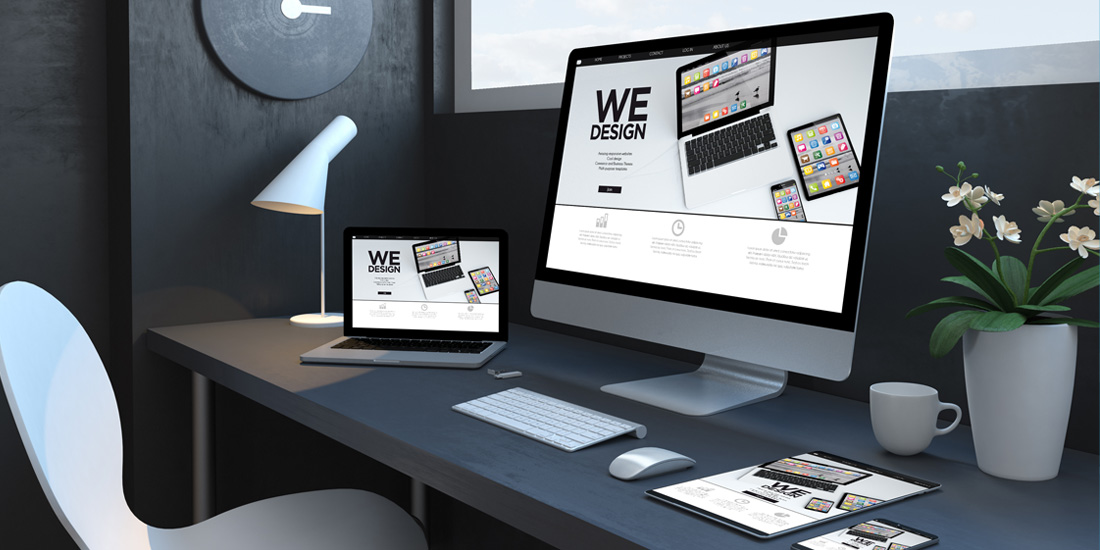Website builders have become increasingly popular in recent years. They offer a great way to create a professional and polished website without the need to learn to code. Let’s look at five I think are great to work with:
Carrd
Carrd is a one page website builder. It is a simple solution that allows users to create a website quickly and easily. It offers an intuitive drag and drop interface and also allows users to add custom HTML and CSS to customize their website.
Pros:
- Easy to use: simple drag-and-drop interface that makes it easy to create a one page website without any coding knowledge.
- Professional designs: nice selection of modern and professional templates, allowing you to create a website that looks great
- Inexpensive: free but limited, pro plan is USD $19 per year for 10 sites
Cons:
- Limited customization options: Weebly provides some customization options, but compared to other website builders, these are quite limited.
- Limited SEO tools: Weebly’s SEO tools are quite basic, so you might need to look into additional tools to optimize your website.
- Has knowledgebase, but very limited support
Wix
Wix is a website builder that offers an easy-to-use drag-and-drop interface. It also provides a wide range of customization options and a multitude of template designs to choose from. With Wix, you can create a professional website quickly and easily, with no coding required.
Pros:
- Easy to use: simple drag-and-drop interface that makes it easy to create a multi-page website without any coding knowledge.
- Customizable: Wix provides a wide range of customization options, allowing you to create a unique website that fits your style and vision.
- Template designs: Wix has a huge selection of template designs, ranging from business and eCommerce websites to personal blogs and portfolios.
Cons:
- Limited design freedom: Wix limits your design freedom, as you can only use the templates and customization options that it provides.
- Limited features: Wix has some features, such as analytics and SEO tools, but they are quite limited compared to other website builders.
- Limited scalability: Wix is great for small websites, but as your website grows, it can be difficult to scale with Wix, and you might need to look into other options.
Squarespace
Squarespace is another popular website builder, offering a wide range of templates and customization options. It also provides powerful eCommerce tools and analytics, making it a great choice for online stores and businesses.
Pros:
- Professional designs: Squarespace has a selection of modern and professional templates, allowing you to create a website that looks great and is easy to navigate.
- Powerful eCommerce tools: Squarespace provides powerful eCommerce tools, such as a shopping cart, payment gateways, and inventory tracking.
- Analytics: Squarespace offers detailed analytics, allowing you to track the performance of your website and make changes accordingly.
Cons:
- Expensive: Squarespace’s plans can be quite expensive, and you might need to invest in additional features to get the most out of the platform.
- Limited customization options: Squarespace provides some customization options, but compared to other website builders, these are quite limited.
- Limited SEO tools: Squarespace’s SEO tools are quite basic, so you might need to look into additional tools to optimize your website.
WordPress
WordPress is an open-source platform that is used by millions of websites around the world. As of January 2023, WordPress runs over 800 million sites globally, representing 43% of the global market. It allows you to create a website quickly and easily, and it also provides plenty of customization options and plugins.
Pros:
- Customizable: WordPress allows you to customize your website with themes, plugins, and widgets.
- Easy to use: WordPress has a simple drag-and-drop interface that makes it easy for anyone to create a website.
- SEO friendly: WordPress is designed to be SEO friendly, allowing you to optimize your website for search engine rankings.
Cons:
- Hosting: You will need to purchase hosting for your WordPress website separately
- Security: WordPress is open-source, which means that it is vulnerable to security threats.
- Expensive: There are free themes, but to make WordPress really work you, professional themes are required. My favourite is from Elegant Themes and runs about US $250 for a lifetime subscription
Webflow
Webflow is a visual website builder that allows users to create websites with a drag and drop interface. It is designed for designers and allows infinite design customization. It also allows users to take advantage of more advanced features such as custom CSS and JavaScript.
Pros
- Flexibility: provides a lot of flexibility for creating a website. Combination drag and drop with sophisticated fine tuning of details
- No Need For Plugins: Webflow comes with many features already built in – instead of extra plugins
- Powerful features: integration with other data sources such as Airtable
Cons
- Lack of code customizations. If you want to customize websites at the code level, it is not possible with Webflow.
- Not good for Ecommerce: while fully featured, ecommerce can get clunky using webflow
- Expensive: plans range from $12 to $45 per month – no free plan
When it comes to choosing the best website builder, there is no one-size-fits-all answer. Every website builder has its own pros and cons, and the best one for you will depend on your needs and preferences. Whether you’re looking for an easy-to-use drag-and-drop interface, powerful eCommerce tools, or SEO optimization, there is a website builder out there that will meet your needs.

